
October 2020 was the 10th anniversary of International Open Access Week. Celebrations took place amidst the COVID-19 pandemic which made access to physical libraries difficult for many users. International Open Access Week is an annual global event that seeks to broaden awareness and understanding of the importance of open access to scholarly research. It seeks to ensure that scholarly research and accompanying data is published on platforms that make it freely accessible to the user. The theme for this year’s Open Access Week was “Open with Purpose: Taking Action to Build Structural Equity and Inclusion”. It is a theme that focused on the urgent need for action regarding information equity, representivity and inclusion.
The Library and Information Service (LIS) of Stellenbosch University (SU) did not let the COVID-19 crisis dampen its spirits. A number of activities were undertaken in celebration of this week.
Promotional material and plasma slides were prepared and presented throughout the week by Digital Scholarship staff. The exhibition and slides aimed to raise awareness and understanding about the Library’s open access (OA) activities.
A social media OA awareness campaign was run. The Library’s Facebook and Twitter accounts were used to share information about OA and its importance to library users especially while the COVID-19 crisis prevails.
A video, Open access initiatives at Stellenbosch University Library and Information Service was created and flighted on the Library website and social media. The video highlights the SUNScholar institutional repository and the Library’s open digital heritage repository, SUNDigital Collections, which showcases the Library’s special collections. SUNScholarData too, is featured.
Additionally, Ms Ellen Tise, Senior Director of the LIS, was invited to speak at the OA event of the University of the Western Cape Library Services. In her presentation, Ms Tise highlighted the OA initiatives of the LIS of SU and their impact. The initiatives include electronic theses and dissertations, digitisation of scholarly articles, digitisation of special collections content, and the digitisation of research data.
Siviwe Bangani
Editing: Bronwyn Bruton
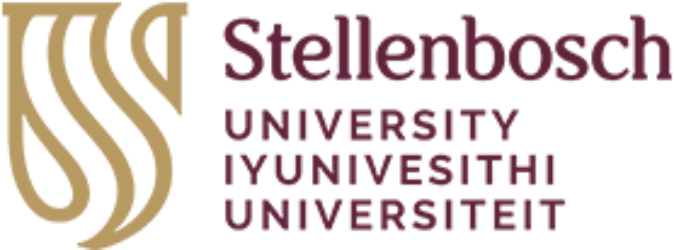
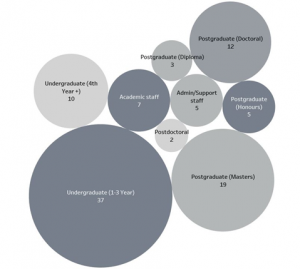 Client type of respondents, as a percentage
Client type of respondents, as a percentage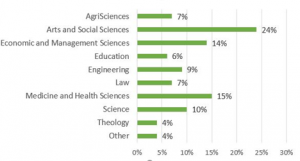 Survey respondents by faculty, as a percentage
Survey respondents by faculty, as a percentage Update on Course Reading Lists
Update on Course Reading Lists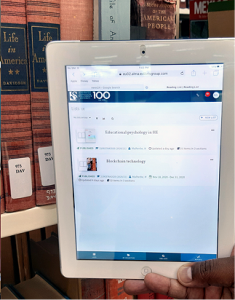 Leganto® allows lecturers to include diverse content from the Library and elsewhere, such as books, articles, open educational resources, websites, streaming media, digitised content and course notes, in a single list. In doing so, Course Reading Lists adds both print and electronic materials to the same lists and shows the real-time availability of both. Student usage reports are also available to help lecturers determine how effective their reading lists are and what materials students engage with most, through views, comments and likes.
Leganto® allows lecturers to include diverse content from the Library and elsewhere, such as books, articles, open educational resources, websites, streaming media, digitised content and course notes, in a single list. In doing so, Course Reading Lists adds both print and electronic materials to the same lists and shows the real-time availability of both. Student usage reports are also available to help lecturers determine how effective their reading lists are and what materials students engage with most, through views, comments and likes. Students access Course Reading Lists from within their course in SUNLearn. They can interact with their lists by marking citations as read and liking those citations which they enjoy. If enabled by the lecturer, students can view upcoming due dates by when material needs to be read and can partake in student discussions on their lists. This new integrated course reading system comes at a time when students need to engage more with their lecturers through the SUNLearn system.
Students access Course Reading Lists from within their course in SUNLearn. They can interact with their lists by marking citations as read and liking those citations which they enjoy. If enabled by the lecturer, students can view upcoming due dates by when material needs to be read and can partake in student discussions on their lists. This new integrated course reading system comes at a time when students need to engage more with their lecturers through the SUNLearn system.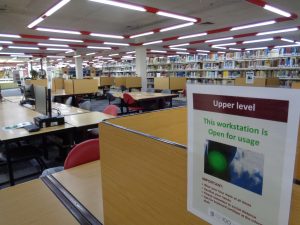 Update on Library services
Update on Library services SU Library service
SU Library service
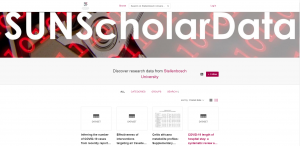
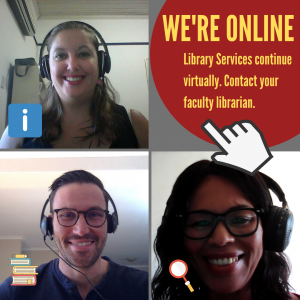
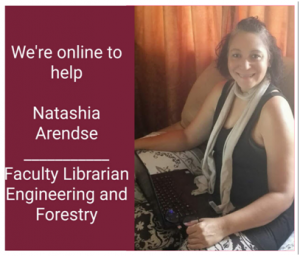 When Covid-19 lockdown kicked in, the situation drastically changed and suddenly librarians were forced out of their comfort zones. Ice-cream floats started to melt. Not for long though… Training for the 2020 academic year was an ongoing concern, because SU management was adamant that the 2020 academic year would be completed successfully. Librarians therefore had to step up, adapt and create new comfort zones using online collaboration tools such as Microsoft Teams.
When Covid-19 lockdown kicked in, the situation drastically changed and suddenly librarians were forced out of their comfort zones. Ice-cream floats started to melt. Not for long though… Training for the 2020 academic year was an ongoing concern, because SU management was adamant that the 2020 academic year would be completed successfully. Librarians therefore had to step up, adapt and create new comfort zones using online collaboration tools such as Microsoft Teams.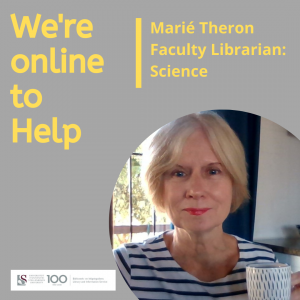 Faculty librarians quickly learned the Teams tools of the trade and learnt a valuable lesson along the lockdown route: find a library buddy to assist you with technical challenges such as log-in problems, connecting latecomers and answering chat questions during Teams training sessions. Ice-cream floats to all trainers during lockdown.
Faculty librarians quickly learned the Teams tools of the trade and learnt a valuable lesson along the lockdown route: find a library buddy to assist you with technical challenges such as log-in problems, connecting latecomers and answering chat questions during Teams training sessions. Ice-cream floats to all trainers during lockdown.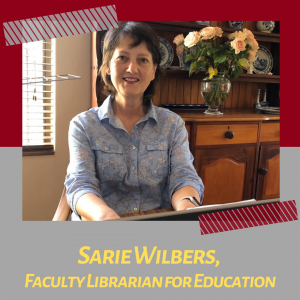 Client assistance meltdown averted
Client assistance meltdown averted Fortunately, faculty librarians’ service commitment went into overdrive: support your clients by whatever means necessary (within the law, of course). Call it over-servicing or assisting, but desperate times call for desperate measures. Faculty librarians had to ensure the clients’ 2020 academic year stayed afloat. Practical example: With support from Technical Services, clients received access to new e-books at the speed of lightning. Ice-cream floats to the Technical Services colleagues.
Fortunately, faculty librarians’ service commitment went into overdrive: support your clients by whatever means necessary (within the law, of course). Call it over-servicing or assisting, but desperate times call for desperate measures. Faculty librarians had to ensure the clients’ 2020 academic year stayed afloat. Practical example: With support from Technical Services, clients received access to new e-books at the speed of lightning. Ice-cream floats to the Technical Services colleagues. Library access meltdown averted
Library access meltdown averted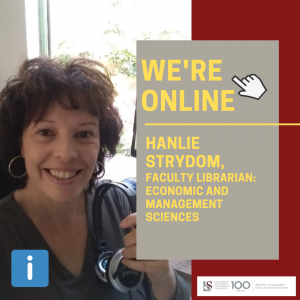 The circulation staff were crucial to welcome our clients back and ensure everyone’s safety in the libraries. The circulation staff all deserve ice-cream floats for their professional, patient, and friendly (but firm) welcoming of returning clients to the libraries.
The circulation staff were crucial to welcome our clients back and ensure everyone’s safety in the libraries. The circulation staff all deserve ice-cream floats for their professional, patient, and friendly (but firm) welcoming of returning clients to the libraries. It just goes to show what great teamwork can accomplish.
It just goes to show what great teamwork can accomplish.